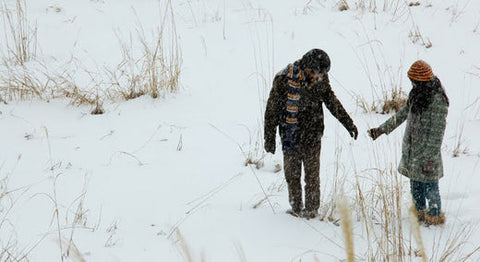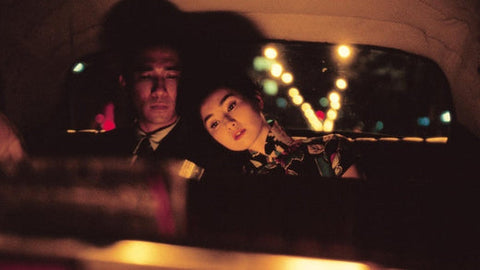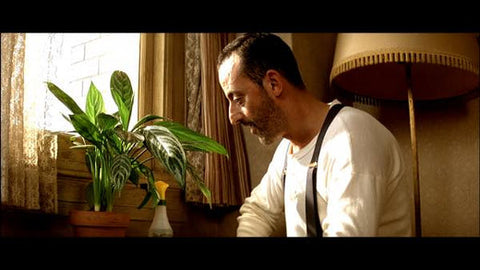
And then, some time later, he sent me a picture. In it, he was wearing the watch I had recommended. He wrote: “I really like it. Thank you.”
And then, every so often, we’d share songs we’d recently discovered. Sometimes these exchanges led to conversations, but often they didn’t.
And then, a year later, prompted by a Facebook memory, I shared One More Time, One More Chance again. I wrote, “I no longer need another chance, but I’m still grateful for the serendipity this song brought into my life.”
He saw the post and replied: “Thank you. I’m sorry. Thank you.” I didn’t entirely understand what he meant—or maybe I did but didn’t want to confront it. I replied, “It’s been an honour to meet someone as peculiar as me.” He said: “No, we’re more than peculiar.”
I never asked why he had grown distant. That night, he told me that since that summer, his depression had worsened. He was now on medication just to get through the days.
And then, we kept sharing music. One day, he said: “I don’t know if you feel the same, but when we share songs, it feels as though we’re sharing our lives, even without words.” I told him I agreed. “We’re the most distant strangers yet the closest of friends,” I said.
And then, I told him Bob Dylan was performing in Tokyo that summer—it would be his 100th show. He was thrilled and asked if I would go. I couldn’t bring myself to answer.
And then, I discovered Radwimps’ Me Me She. Two people sharing an umbrella, sharing music, filled with joy, only to end up alone. He loved the song too and said that if I planned to buy the album, I should get him a copy as well. Occasionally, he’d bring up the bottle of Lagavulin he’d bought for me but that I had yet to collect.
The first time I watched the film adaptation of Norwegian Wood, I didn’t particularly like it—perhaps because I loved the novel too much. The film, I felt, failed to capture Midori’s stubborn, whimsical, lively, and paradoxically worldly personality. But recently, I rewatched it and realised it wasn’t as bad as I’d thought. Especially the portrayal of Watanabe and Naoko’s relationship—it was more vivid and haunting on screen than in the novel’s prose.
I’ve always thought of myself as Midori, but in the context of our relationship, he was more like Naoko, and I, Watanabe. He was more entangled in the past than I was. Perhaps I hurt him, though the deeper wound was inflicted by the one who had already left him.
We’ve never seen each other again, and I don’t know when—or if—we ever will. But like my unopened Lagavulin and his untouched record, we remain bound by the reminders of what we owe each other, and what we’ll never settle.
Tonight, I play Radwimps’ Me Me She.


